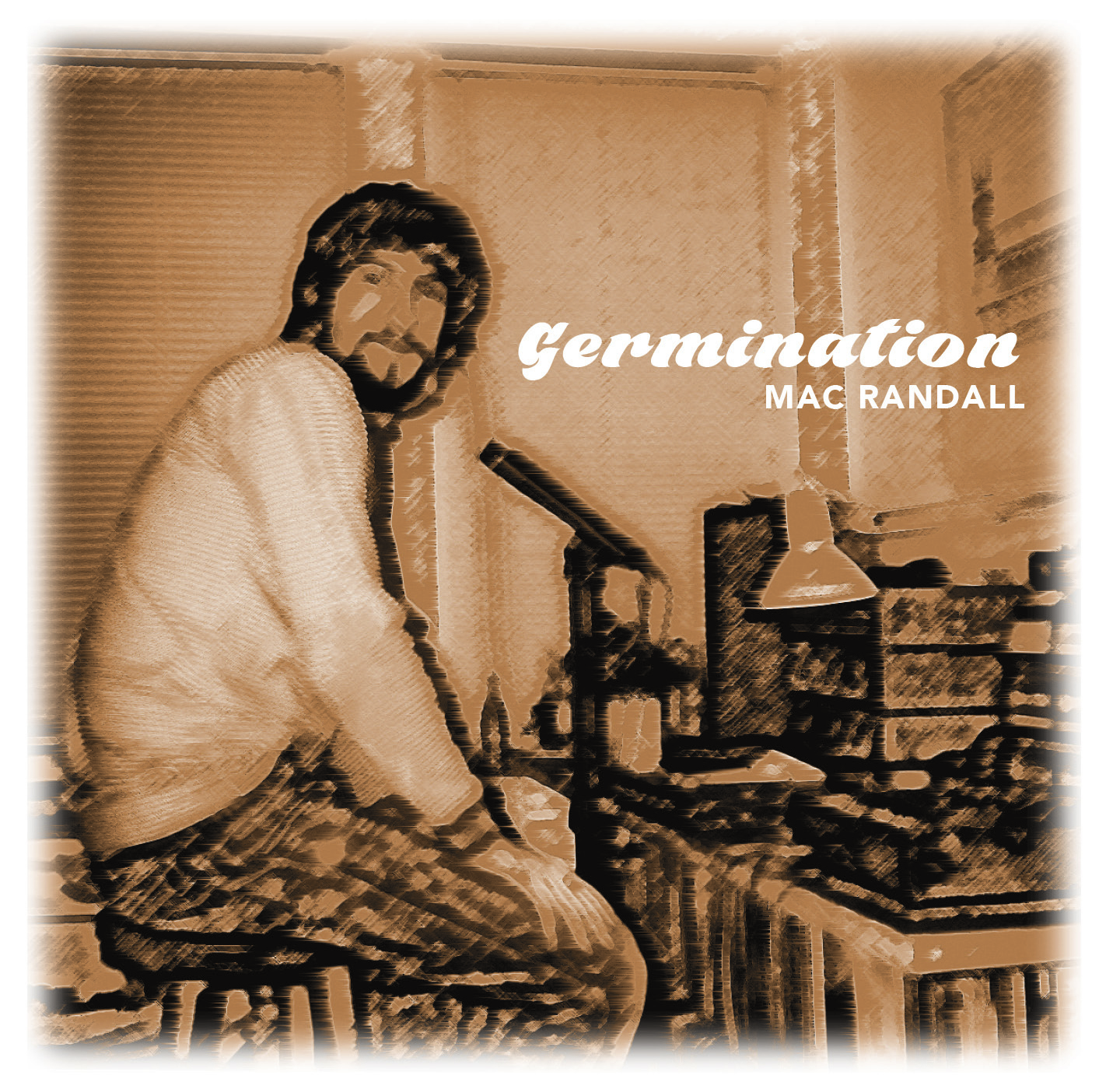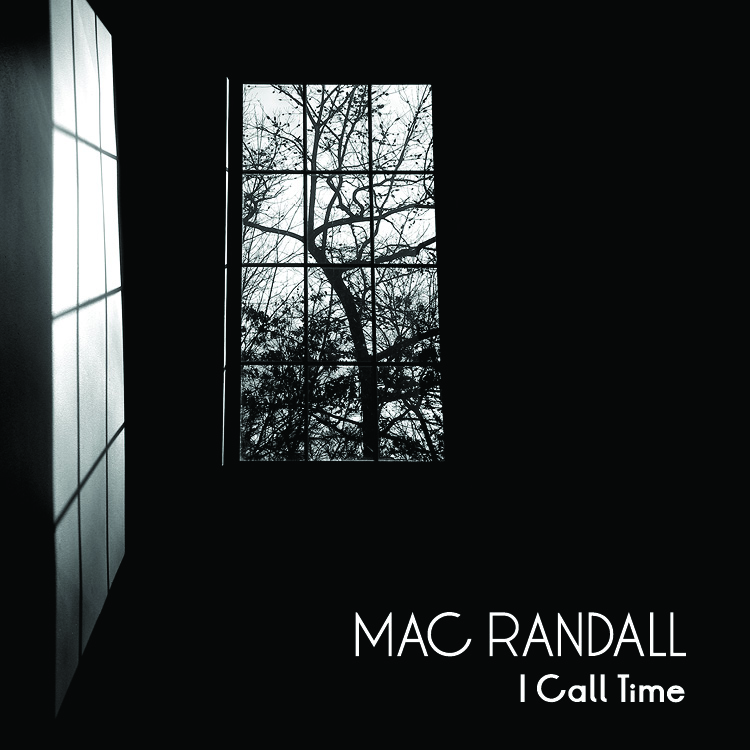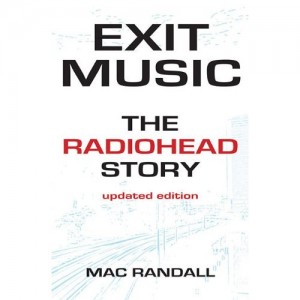Hail to thee, blithe Phoenix
It’s taken me four months to get around to writing something about the passing of The Boston Phoenix. At this point, it almost feels like the time for comment is over. Maybe it really is unnecessary to add another layer to the mille-feuille of eulogies, but enough already—I said I was going to do it, so here it is.
The basic reason I didn’t do this much earlier is that I felt intimidated. So many great writers worked at that paper over its 46 years in print, and so many of them were moved to pen tributes that said far more than I thought I could ever say. Of the excellent bunch I’ve read, the best was this piece by Charlie Pierce. My professional association (it seems strange to use such a term) with the Phoenix didn’t overlap much with Pierce’s, but I do recall seeing him in the office now and again. He was one of those staffers—Mark Jurkowitz, Dan Kennedy, and Clif Garboden were others—whom I always observed with a certain level of awe. They were real newspapermen, and somehow here I was among them. Whenever I walked into the place, they always seemed to be engaged in a boisterous conversation about some amusing facet of politics or culture. I wanted to have as much fun as they were having.
Considering my background, a little hero worship was understandable. I was only 17 when my first record review was printed in the Phoenix, but I’d been reading the paper regularly for at least half a decade by then. My first thought upon seeing Clif Garboden in the flesh was “Oh my god, that’s the guy who writes Hot Dots!” (This was a page of selected TV listings, with commentary, that Garboden had turned into a weekly minor marvel of satire. If the concept of snark had been in wider circulation at the time, Hot Dots could justly have been called its exemplar. I started watching Channel 38’s Ask the Manager—perhaps a subject for another post one of these years—because of Clif Garboden.)
Ted Drozdowski got me writing for the Phoenix in late 1989, much as he’d earlier brought me into the fold at Musician, but I never worked there full-time. In the early days, before email was an option, I would write my pieces, save them to a floppy disk, carry that disk with me on the subway from Cambridge to Kenmore Square, walk it past Fenway Park to the Phoenix office at 126 Brookline Avenue, take it up in the elevator and through the lines of cubicles, and hand it over to Jon Garelick, the music editor, so he could transfer the Word file to his Mac. While that transfer was happening, I’d peruse the towering stacks of CDs in his cubicle and select another couple to review. Jon told me once that he liked working with me because I used the right software.
That was one thing I had in my favor. Another was that, although I already knew a lot about music, I wanted to know more, and therefore I was willing to give anything a chance. I didn’t prejudge contemporary jazz releases, for example, and so I got a bunch of those to review over the years. (Boy, did I ever.) My writing, to be frank, wasn’t that good, but Ted and Jon believed in me enough to keep giving me assignments until it got good, and for that I’ll always be grateful.
Slightly later in the ’90s, I started helping out the listings editors (first Bob Sullivan, then Scott Cardwell) in addition to the music writing. For years, the Phoenix used to print regular mega-supplements of listings—the Guide to Summer and the Guide to Boston Bands being just two—that required a team of people to gather and enter data, fact-check, and generally do whatever was needed to keep the ad machine churning. I worked on several of these, getting plenty of opportunities to experience what one of my teammates, Matt Ashare—later the paper’s music editor—called “the Zen of listings.” I made and took calls updating information about the Isabella Stewart Gardner Museum’s summer concert series and about some dude on the Cape’s “GB” band (the initials stood for General Business, which seemed to perfectly encapsulate the nondescript nature of the music produced by most such groups). I stayed in touch with all the latest news; it was in the Phoenix office that I first heard Kurt Cobain had shot himself. I made frequent lunchtime trips into Kenmore to eat at the India Quality Restaurant and/or comb the racks at Planet Records. And I indulged in idle fantasy about various female staff members (Alison, Kate, and Ursula, you may not remember me, but I remember you).
I kept writing for the Phoenix for years after I left Boston, and I kept reading it up until the very end, when Carly Carioli, another ’90s veteran of the listings department, was in the editor’s chair. By this time, of course, I was reading it online, although I did grow to miss a common feature of the “real” edition: the printers’ ink rubbing off on my fingers.
Many people who’ve commented on the Phoenix’s demise have expressed disbelief that the paper went under without suffering a decline in readership. Was the decision some years ago to make it free a nail in the coffin? Probably; voluntary devaluation of a product rarely turns out to be a good thing. But newsstand and subscription sales alone can only compensate so much for a huge advertising dropoff. The core problem, I think, was that one of the Phoenix’s bedrock sources of ad revenue—the local sex industry—didn’t need the paper anymore. Let’s be honest: If you want to find an escort service, would you rather pick up a newspaper and flip through ads? Wouldn’t you just go online?
A few paragraphs back, I said it felt strange to use the term “professional association” to describe my connection with the Phoenix. That’s because it never felt professional, and I mean that in the best way possible. First and foremost, I was a fan of the paper, long before and long after I wrote for it. During the time I did write for it, I don’t believe I ever thought of it as a job. For me, the Phoenix wasn’t a way into a career; it was a way into a whole universe of reporters and critics and filmmakers and musicians doing exciting things. A way into life. I can only hope that the artistically inclined Bostonian youth of today and tomorrow are able to find someplace half as welcoming.






